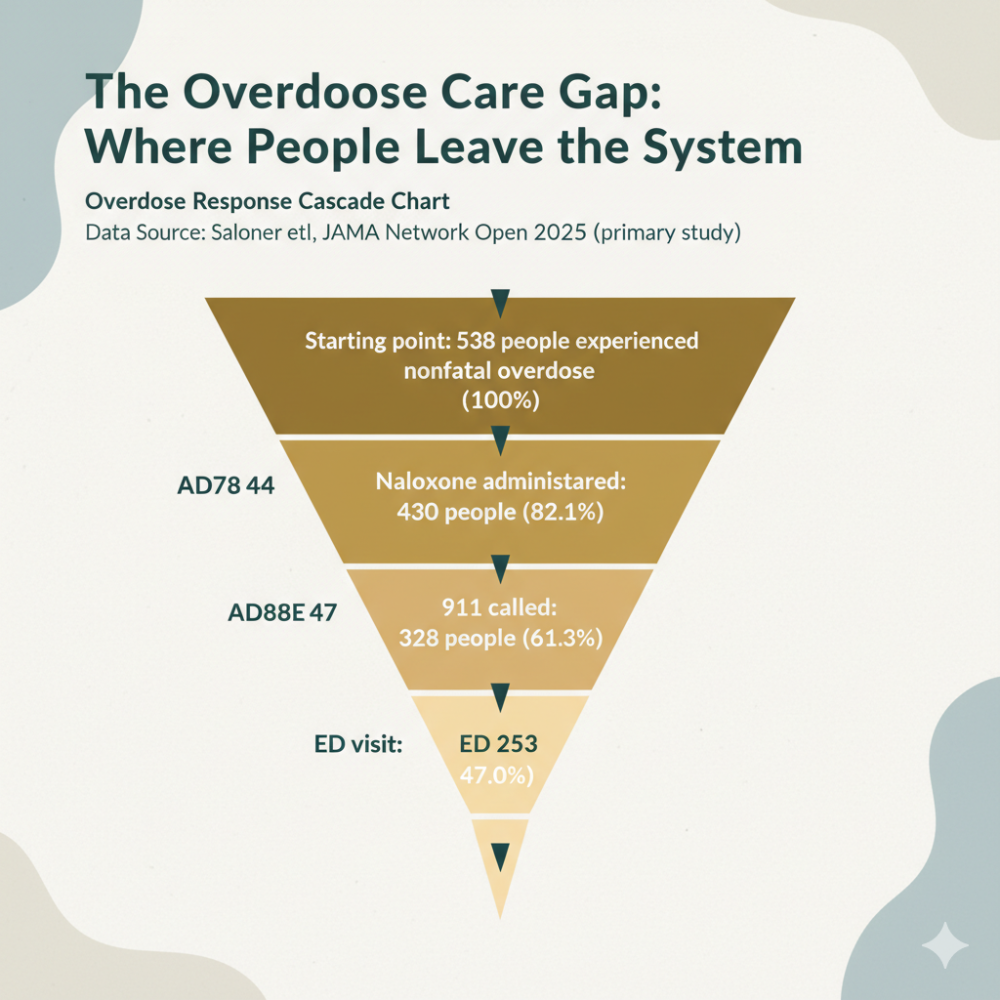As the nation grapples with the devastating impact of the opioid epidemic, Broome County in New York State finds itself at the epicenter of this crisis. Recent reports and local initiatives shed light on the ongoing struggle and the community’s efforts to combat substance use disorders. This blog post delves into the current situation, the progress being made, and the strategies being employed to save lives and promote recovery.
The Stark Reality: Broome County’s Overdose Crisis
Broome County holds the unfortunate distinction of having the fourth-highest overdose rate in New York State, a sobering statistic that underscores the severity of the problem in this region. As of August 2024, the county has recorded 36 suspected fatal overdoses, according to local officials. While this number is alarming, there’s a silver lining: it represents a downward trend compared to the previous two years.
Marissa Knapp, Director of Overdose Prevention at the Broome County Health Department, emphasizes that this improvement is the result of concerted efforts and multi-sector partnerships within the community. However, she also stresses that there is still significant work to be done to address this crisis effectively.
Harm Reduction: A Pragmatic Approach
One of the key strategies being employed in Broome County is harm reduction. This approach, while controversial to some, focuses on minimizing the negative consequences of drug use rather than solely pushing for abstinence. The Health Department is actively promoting harm reduction practices among drug users to prevent fatal overdoses.
Knapp encourages individuals who use drugs to take practical steps to protect themselves:
1. Carry Naloxone kits: This life-saving medication can reverse opioid overdoses.
2. Use test strips: For recreational drug users, these can help identify the presence of dangerous substances like fentanyl.
By providing a safer environment and tools for drug users, the county aims to reduce the number of fatal overdoses while still working towards long-term recovery solutions.
Community Support and Recovery Resources
The video highlights the crucial role of community-based organizations in supporting individuals struggling with substance use disorders. Places like Fairview Recovery Services offer a beacon of hope for those seeking help. As one recovering individual shares:
“I came to Fairview a very angry, broken man, off the streets, nowhere to live. They had a lot of reasons for previous times to turn me away. They accepted me and they gave me another opportunity.”
This testimony underscores the importance of meeting people where they are in their journey and providing compassionate, non-judgmental support.
National Recovery Month: A Time for Awareness and Action
September marks National Recovery Month, an annual observance that seeks to educate Americans about substance use treatment and mental health services. This year, local and state officials are emphasizing the critical need for increased funding for treatment centers. By bolstering these resources, they aim to provide more opportunities for individuals to access the help they need to overcome addiction.
The Broader Context: A National Crisis
While Broome County’s situation is particularly acute, it’s important to recognize that this is part of a larger national crisis. Fentanyl and other synthetic opioids have devastated communities across the United States. As the 2024 election approaches, the issue of drug trafficking across US borders has become a significant talking point, highlighting the complex interplay between local health crises and national policy decisions.
Looking Ahead: Hope and Challenges
Despite the grim statistics, there are reasons for cautious optimism in Broome County. The downward trend in overdose deaths, coupled with increased awareness and community involvement, suggests that local efforts are making a difference. However, the road ahead remains challenging.
To continue making progress, it will be essential to:
1. Sustain and expand harm reduction programs
2. Increase funding for treatment and recovery services
3. Enhance public education about substance use disorders
4. Strengthen community partnerships and support networks
5. Address the root causes of addiction, including social and economic factors
As Broome County continues its battle against the opioid crisis, it serves as both a warning and a model for other communities facing similar challenges. By combining pragmatic harm reduction strategies with compassionate support and increased resources for treatment, there’s hope that more lives can be saved and more individuals can find their path to recovery.
In the words of local officials, it’s about “putting people on a track to success” – a goal that requires ongoing commitment, resources, and a community-wide effort to turn the tide against this devastating epidemic.



